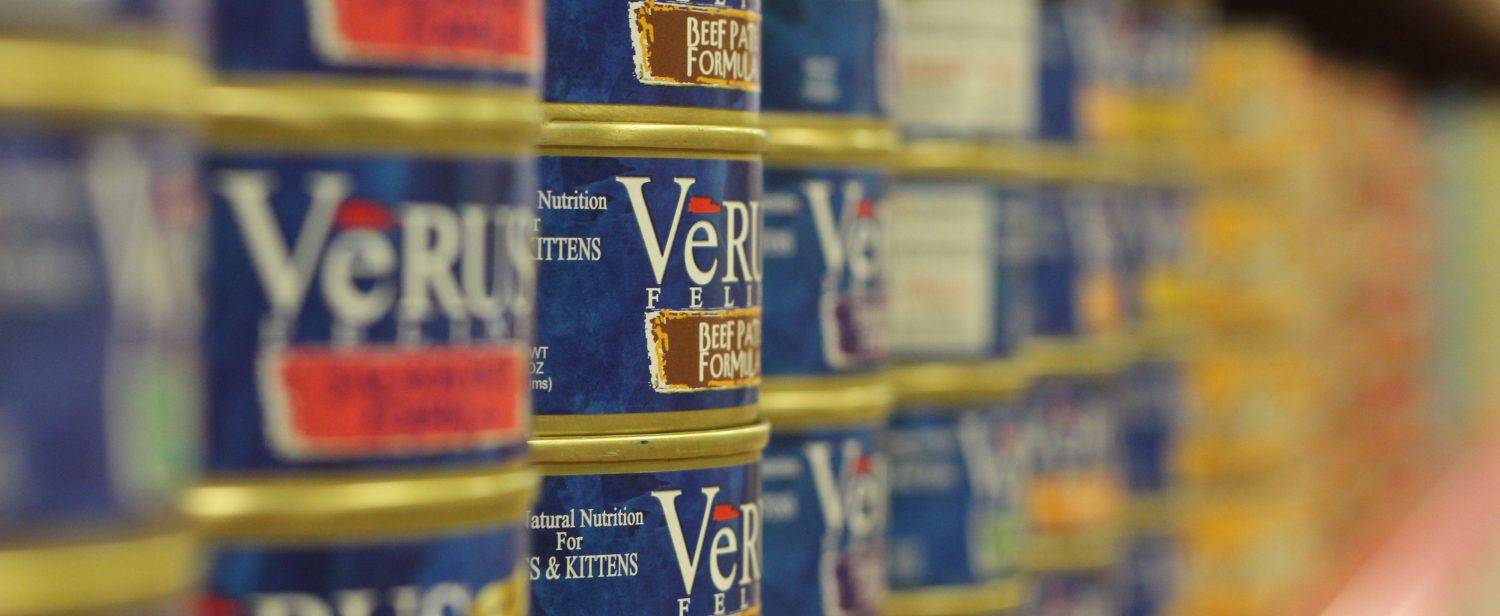Which type of food is best in controlling thyroid disease and what should I do about the bladder crystals? Right now he is eating Hills Prescription Diet k/d.
Original Question: My cat has a thyroid problem and crystals in the bladder. He eats Hill's Prescription Diet k/d and gets medication for overactive thyroid. I wonder if I could change k/d for a different brand and if I could give him food for cats with thyroid disorder. Thank you for the answer. All the best. - Alicja
 Jun 8, 2017
Jun 8, 2017
Hi Alicja,
Thanks for your question.
In your question, you discuss bladder crystals and thyroid disease but your veterinarian has obviously prescribed K/D diet. That is a food prescribed when a cat has kidney disease but you’re not mentioning that in your question. So when we’re dealing with a patient with multiple problems we have to prioritize them. The most important condition to control first would be the kidney disease, then the thyroid disease, and lastly the crystals. There’s a way we can build a plan that controls all three of them but if one of them is not as well controlled you have to prioritize the treatment towards the most important problem.
Here’s a recommendation that I would like you to discuss with your veterinarian. There is a food on the market that restricts iodine and by feeding it you can control the thyroid condition. It’s a great product and many owners like it because it may eliminate the medication. What is also great about this diet is that it may prevent the progression of kidney disease.
To further assist treatment of the kidney disease, I recommend you use supplements that are on the market sold by your veterinarian to support kidney function. Many of these existed I would recommend that you speak to your veterinarian about which one might be best for your cat.
Lastly, in order to control the bladder crystals, I recommend that you perform a urinalysis to determine what type of crystals they are. Based on the test results, your veterinarian should be able to offer a supplement to add to the diet to change the acidity level of the urine so that those crystals either dissolve or no longer form.
Hopefully this gives you more guidance on what to do next.
Dr. Clayton Greenway
Disclaimer: healthcareforpets.com and its team of veterinarians and clinicians do not endorse any products, services, or recommended advice. All advice presented by our veterinarians, clinicians, tools, resources, etc is not meant to replace a regular physical exam and consultation with your primary veterinarian or other clinicians. We always encourage you to seek medical advice from your regular veterinarian.

